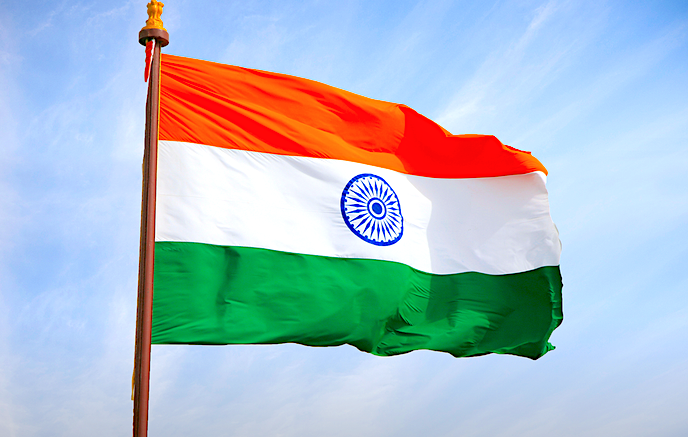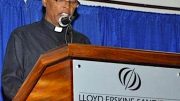In the Indian diaspora there is an unbreakable attachment to our place of heritage. In light of this we hold the right to comment on its development, growth and governance. These observations are written in that spirit, given that India is 73 years of independence from British rule. The same British rule that allowed for the existence of the system of indentureship. A system from which our ancestors legacy leaves us attached to their homeland.
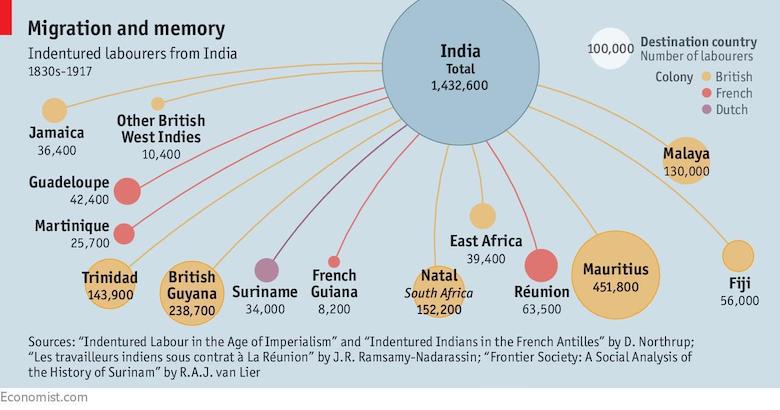 In terms of elections, India is considered a liberal democracy. Liberal democracy is a representative democracy which protects individual freedoms and property by law providing equal opportunity for its citizens. Fascism, on the other hand, has one charismatic authoritarian leader in which the absolute power is with the state with its institutions set up to maintain a strict social order. Absolute power rests with the state, which depends on maintaining a class system where individuals know their place and particular roles.
In terms of elections, India is considered a liberal democracy. Liberal democracy is a representative democracy which protects individual freedoms and property by law providing equal opportunity for its citizens. Fascism, on the other hand, has one charismatic authoritarian leader in which the absolute power is with the state with its institutions set up to maintain a strict social order. Absolute power rests with the state, which depends on maintaining a class system where individuals know their place and particular roles.
Yes, in India, the right to vote (suffrage) is open to all citizens, and there is fairness in counting the votes. However, the classification of Indians based on religious beliefs is the fulcrum of government policies. The authenticity of the Indian identity and citizenship addressed in terms of superiority and inferiority of religion is fascism, pure and simple.
Fascism is the antithesis of democratic values such as individual freedom and equality. Fascism includes classifying people and groups in terms of superiority and inferiority based on race, religion and class. Those considered superior have privileges and opportunities that those looked down upon as inferior cannot access. In India’s case, fascism exists in the form of Hindutva. This ideology states that Hinduism is paramount over all other religions in India. If fact, it goes further by saying that India should be the homeland for Hindus only. Narendra Modi’s policy decisions are based on this right-wing ideology.
In 2014 Bhartiya Janata Party (BJP) was elected to govern India with Modi as the Prime Minister. The BJP election campaign stratagem was on economic development of the country, thus masking its right-wing Hindutva ideology. The electorate gave the BJP a chance at governance. However, the guiding ideology soon enough manifested in public space.
It is critical to note that the BJP is part of the Sangh Parivar (the “family of the RSS”). The Rashtriya Swayamsevak Sangh (the RSS) is the pre-eminent Indian right-wing, Hindu nationalist, paramilitary volunteer organisation. The RSS promotes the ideology of Hindutva, taking inspiration from European right-wing groups, including the Nazis during the 1920s to 1940s. The Hindutva ideology is right-wing extremism and fascist seeking a homogenised majority and cultural hegemony. With Modi’s election in 2014, Hindutva has gone mainstream.
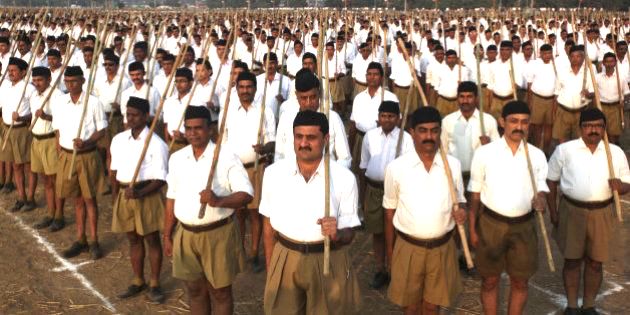
Cadre of the militant Hindu group Rashtriya Swayamsevak Sangh (RSS) participate in a three-day camp on the outskirts of Ahmadabad, India, Saturday, Jan. 3, 2015. The RSS, parent organization of the ruling Bharatiya Janata Party, combines religious education with self-defense exercises. The organization has long been accused of stoking religious hatred against Muslims. (AP Photo/Ajit Solanki)
Since 2014 attacks on Muslims for having beef or transporting cattle have become common. Even Muslims who maintain cows for milk have been victims of this senseless violence. These attacks include severe beatings, assaults and lynchings by mobs known as cow vigilantes. The maiming and murder of Indians who are Muslims met with Modi’s practised silence. Muslim homes and businesses were looted and burned, women and children killed, women raped in Gujarat 2002. Modi, as Gujarat’s Chief Minister, took no action. He has retained a stubbornly unapologetic stance on the death of innocent citizens under his care.
The Gujarat police in 2002 and the Delhi police in 2020 stood by as mob rule, looting, arson, rape, murder took place. There are incidents recorded where individuals were beaten and or lynched in the presence of police. In their investigations and charging police have repeatedly demonstrated partiality to the majority community and prejudice to minorities.
The casual observer might see his silence as complicity. It does not take in-depth intellectual analysis to make clear that Modi, by not condemning the indiscriminate violence is encouraging more of it. The BJP and Modi are net beneficiaries of it as it is a signal to the extremists that they are making progress in their shared goal of making India into a Hindu Rastra. [Hindu Rastra is a Hindu nation].
The mainstream media’s independence in India is questionable given its transformation from news to propaganda broadcast / print for those in power in order that their corporate coffers benefits.
When ascriptive characteristics like religion assume such an overarching influence in India, minorities can only exist at the discretion of the Hindu Rastra.
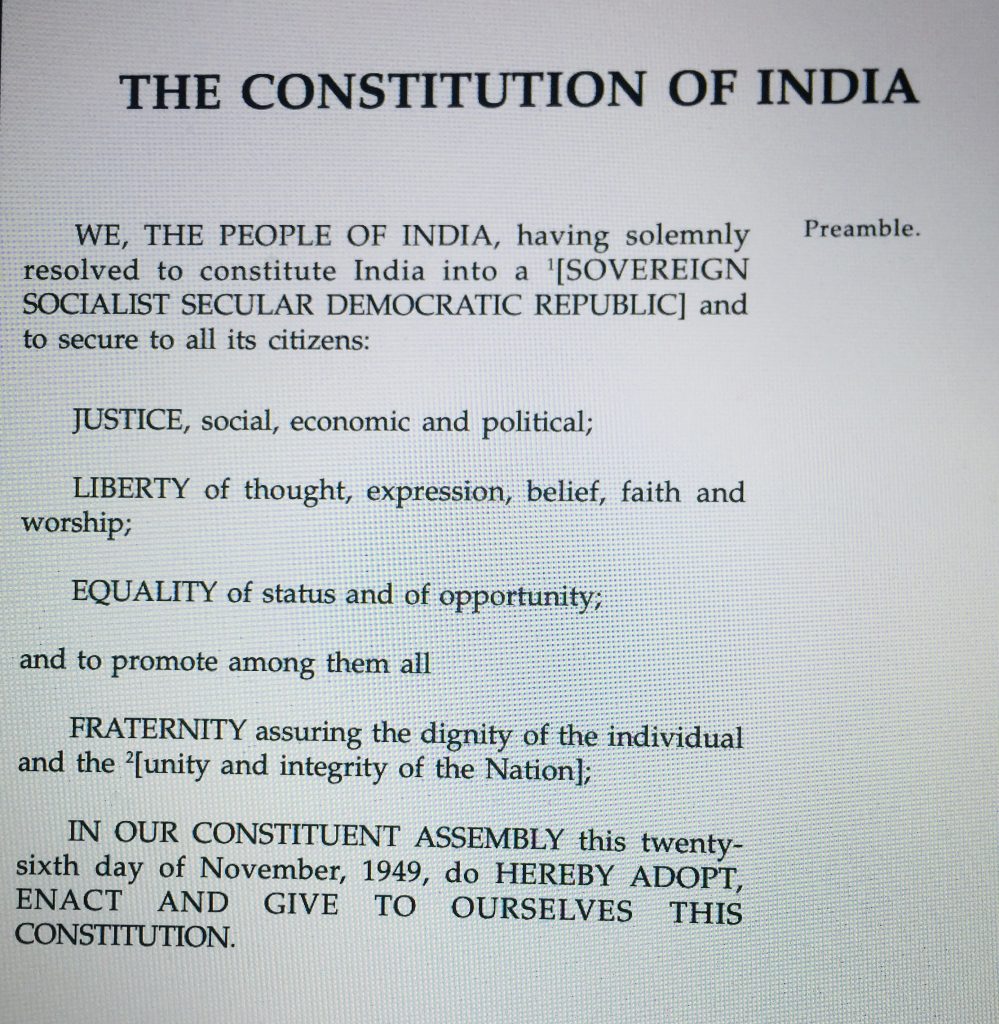
Preamble to Indian Constitution
The preamble to the Constitution of India “resolved to constitute India into a sovereign socialist secular democratic republic”. Further, the constitution’s preamble sets out to secure all its citizens:
- Justice, social, economic and political;
- Liberty of thought, expression, belief, faith and worship;
- Equality of status and of opportunity;
and to promote among them all
- Fraternity assuring the dignity of the individual and the unity and integrity of the Nation
Since independence from British rule in 1947, Indian governments have not overtly discriminated against any strata of Indian society. Using legislation and government policy, they sort to remove barriers to equal opportunity for all. Disadvantaged sectors of society, be it based on caste, class, gender, religious beliefs etc., benefited from targeted programs to give them equal opportunity. Rule by the majority was not the order of the day. Government by a majority is the belief that those constituting a simple majority should make the rules for all members of a nation.
By presenting itself as the true champion of the majority based on religious adherence, and characterising minorities as recalcitrant usurpers, it negates the Indian constitution’s preamble.
This approach to governance created a new worldview that India is only for the majority faith; and also provides the framework for problematising Indian Muslims. Though these Indians chose India over Pakistan at partition, the constant refrain to these Indian citizens is “move to Pakistan”. Alternatively, they are held responsible for the misdeeds of Muslims elsewhere, thus criminalising adherence to the faith.
The Citizenship Amendment Bill (CAB) would Muslims from Pakistan, Bangladesh and Afghanistan even if they were fleeing religious persecution from ever becoming citizens of India. The path to citizenship will be open only to six religious minority communities-Hindus, Sikh, Buddhist, Jain, Parsi and Christian. Added to this is the National Register of Citizens (NRC), being implemented first in Assam and which the Indian Home Minister promised to roll out nationwide. The NRC requires all to prove that they are Indians by documenting their ancestral links with a paper trail. Detention centres to house those who cannot show their ancestral links are ready in Assam. The combination of CAB and NRC sent chills to Indian Muslims and raised protests which stalled due to COVID-19 pandemic.
In 2020 India is home to an estimated 195m souls making India the world’s largest Muslim minority population. Marginalising and denying 11% of Indian citizens fundamental rights, guaranteed under its constitution, because of their faith begs an important question. Is the characterisation of India as the world’s largest democracy correct? In the narrow sense of the term, it does qualify for this distinction. However, from an in-depth perspective, it is more akin to fascism.
